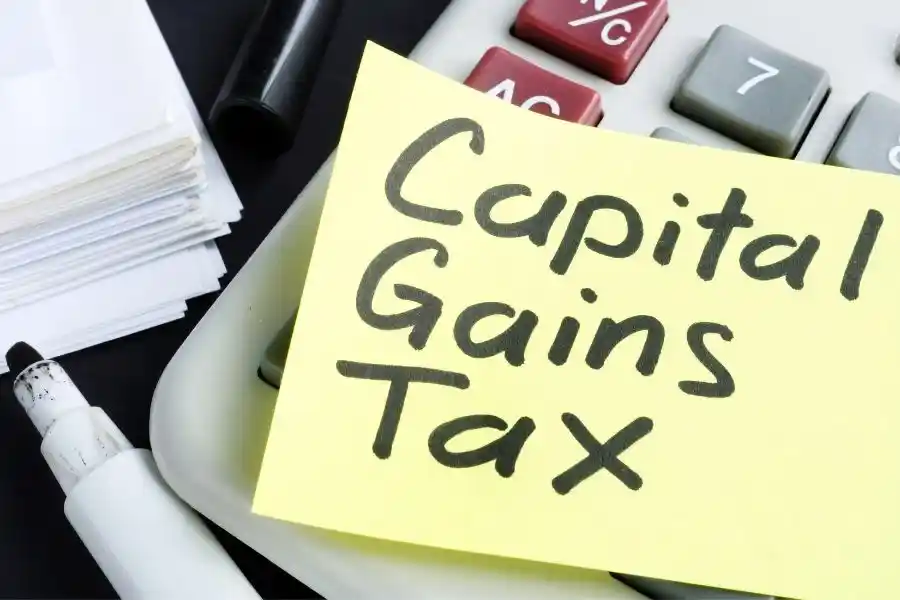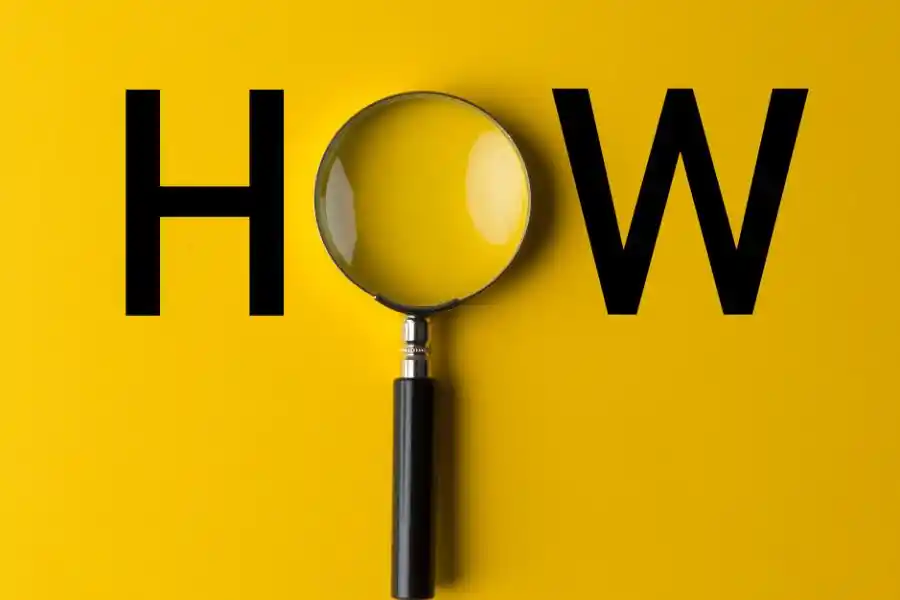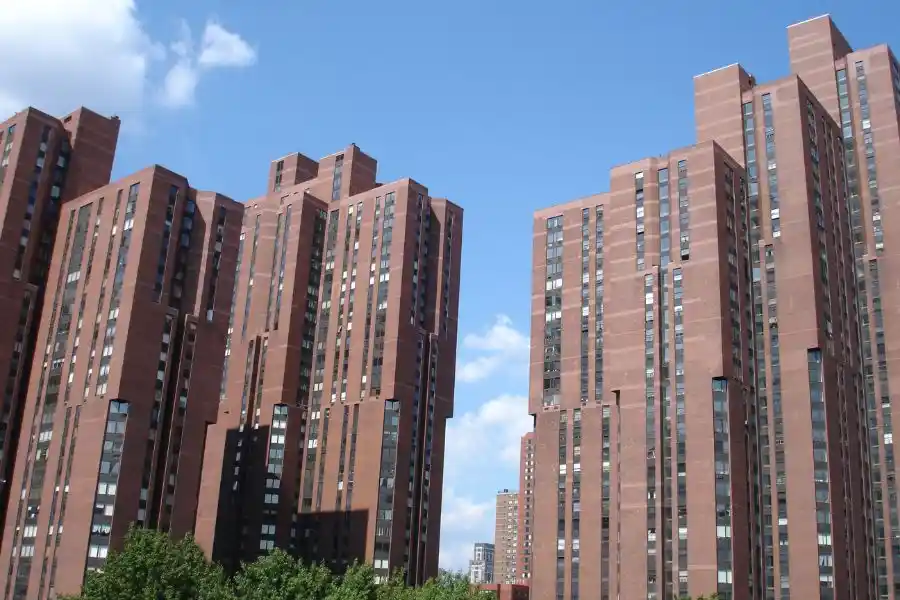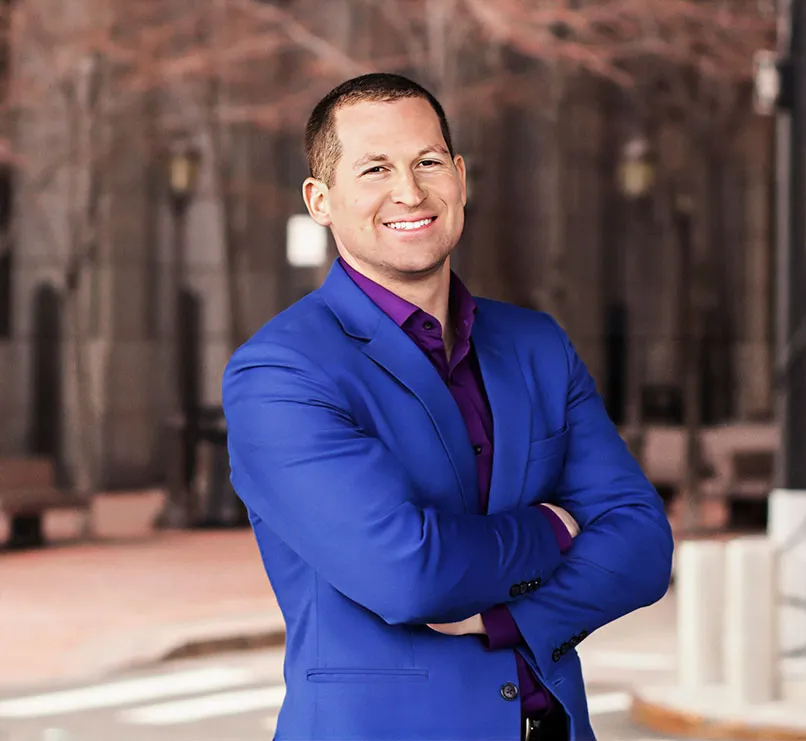ow do I avoid capital gains tax on real estate in NY? This is the question many sellers have, and not just in New York. Both the federal and state governments can take a significant chunk of your profits in the form of capital gains.
Thankfully, there is a way to do it – the 1031 exchange. If you are using the proceeds of the sale of the property to buy more real estate (same or higher value), then you won’t have to pay any capital gains tax. The 1031 exchange allows you to defer paying this tax because you haven’t actually realized the gains, simply changed it from one investment to another.
There are relatively strict timelines to make the 1031 exchange work. The first is that you have to identify the next property you have to buy with the proceeds of the sales within 45 days of closing on your property. Then, you have to close on the new property or properties within the next 180 days. This is one of the reasons why most New York City brokers recommend buying townhouses or condos with the proceeds since co-ops take more time to close.
Another important factor to understand is that this exchange is geared more towards investment properties rather than primary/principal residences. So, if you want to get around capital gains tax using the 1031 exchange, you have to turn your primary residence into a rental property for at least two years. You can live elsewhere and rent the primary residence out, and once the required period is over and your former home is considered an investment property in nature (as per the 1031 exchange rule), you can sell it and invest the savings in another property. The property you buy can be another investment property or your new primary residence.













